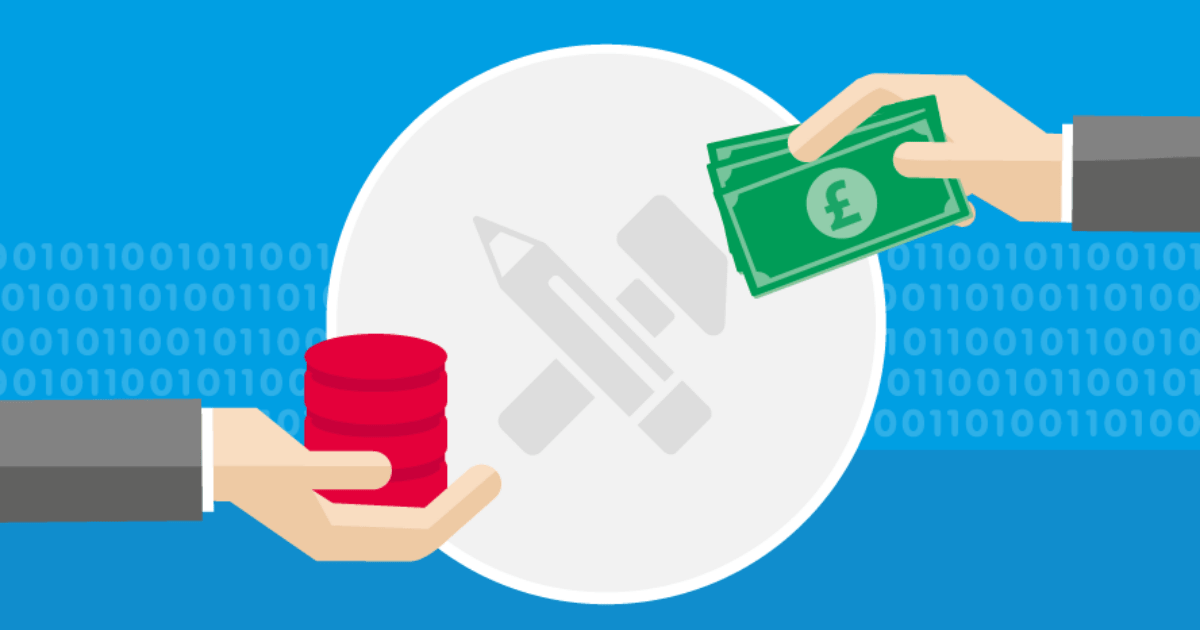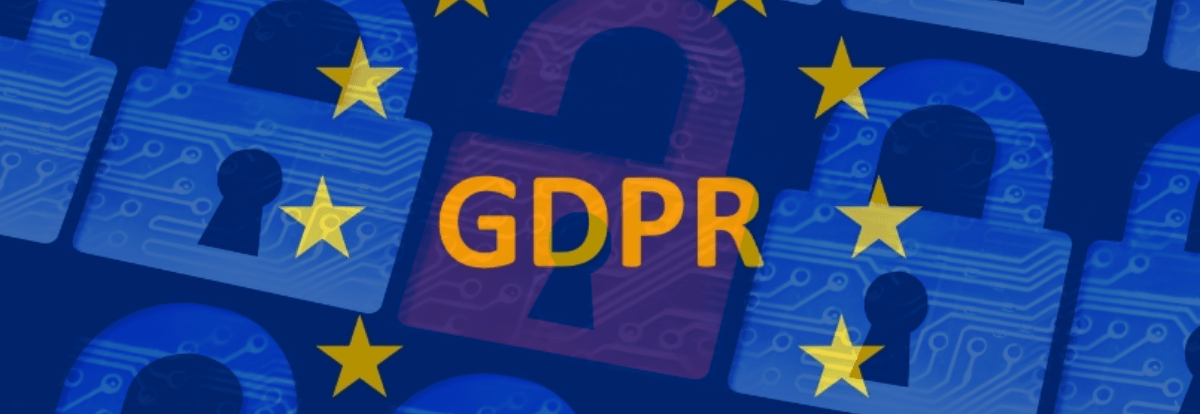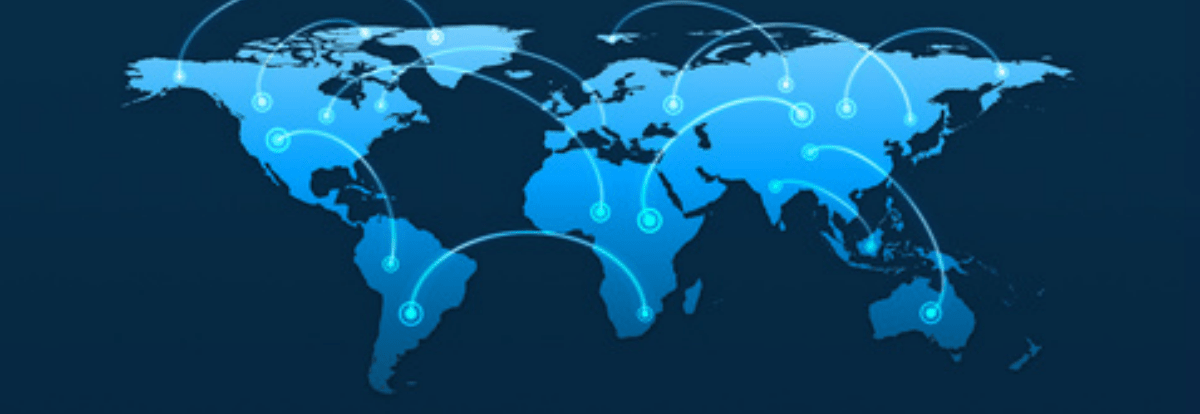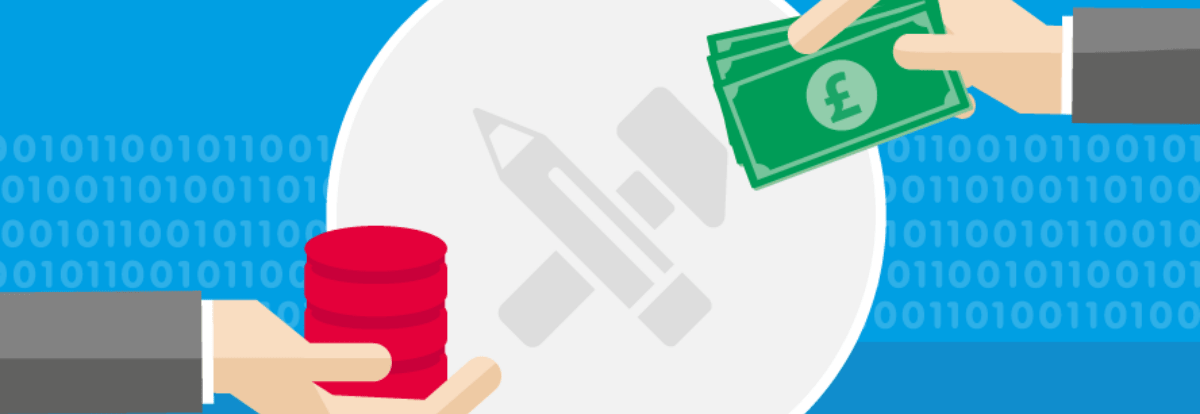
NEWS & UPDATES
"We cover news and updates from the digital world with information on the latest legislation, high profile cases and changes in the online industry."
We specialise in representing victims for data breach compensation claims.
Information on how we handle your data is available in our Privacy Policy.











